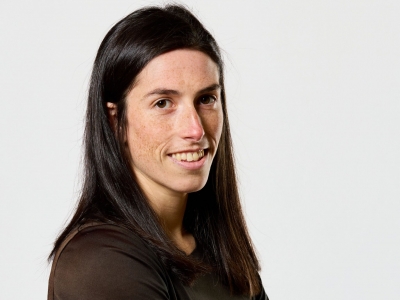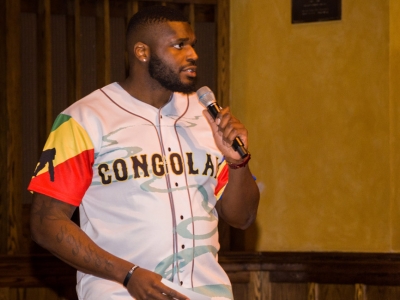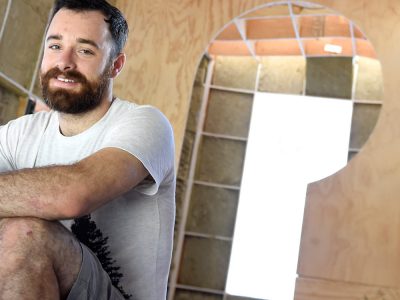By Matt Gergyek
Photos by Chris Roussakis
The global community’s current approach to the needs of refugees is deeply flawed, if the recent past is any testament.
“In the midst of the crisis in 2015 and the chaotic response to the arrival of a million people to Europe, there was global public demand for change in the way we collectively respond to the needs of refugees and migrants,” says Carleton University Prof. James Milner, who specializes in refugees and forced migration research.
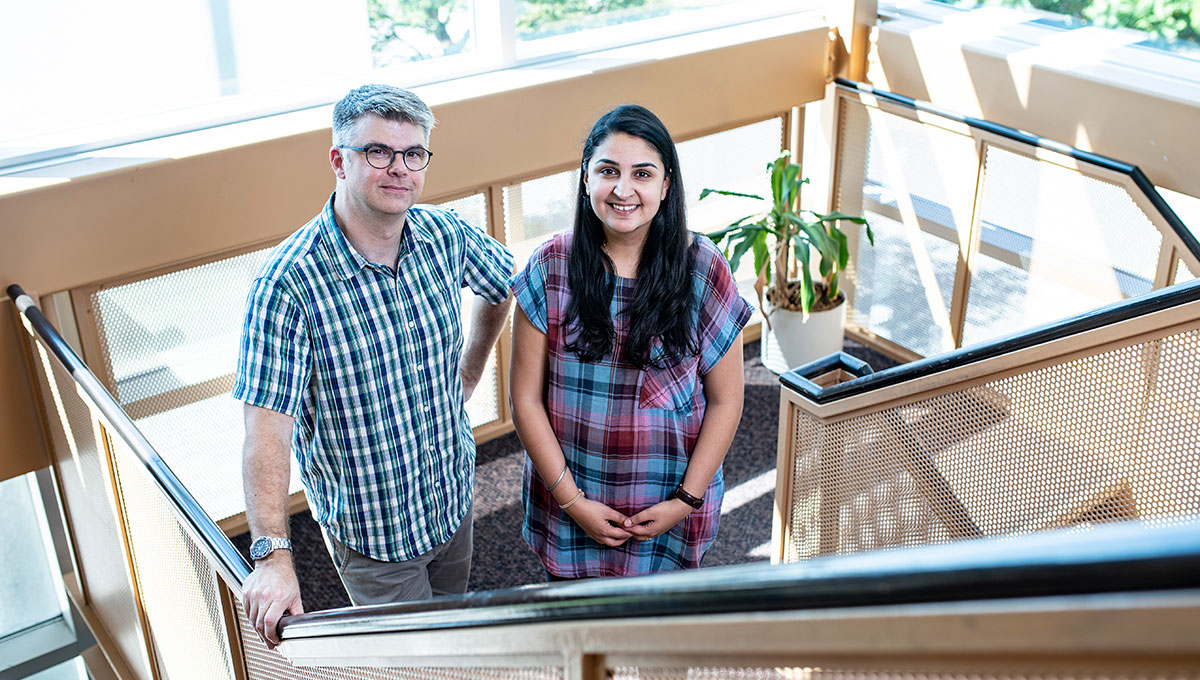
James Milner and Simran Singh at Care Canada
This fall, member states of the United Nations (UN) will gather for the meeting of the Third Committee of the UN General Assembly in New York. The committee, which addresses human rights, and humanitarian and social issues, will debate a new approach to tackling one of the most pressing emergencies facing our time — responding to the needs of refugees.
The UNHCR estimates there are about 68.5 million forcibly displaced people worldwide, the highest number ever. This translates into about 20 people forcibly displaced each minute. Some 25.4 million of these displaced people are refugees (another 40 million are internally displaced and 3.1 million are asylum seekers) and more than half are under the age of 18.
One of the main issues with the current approach is directly linked to the time refugees spend in temporary settlements, or refugee camps, outside their country of origin.
Refugees spent an average of about 20 years in exile in 2015, according to a report released by the United Nations High Commissioner for Refugees (UNHCR) in 2016.
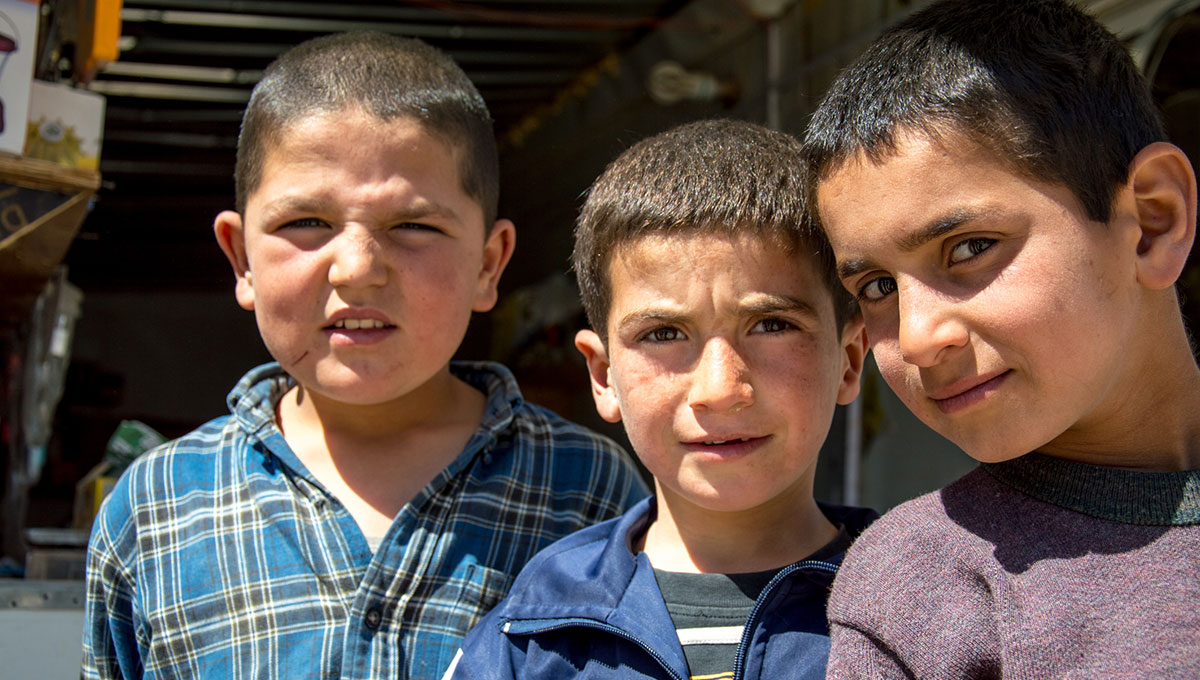
Practices Create Dependency on International Assistance
“To contain refugees in very isolated and insecure camps, denying them the right to work, denying them freedom of movement, this makes them dependent on international assistance . . . that is dwindling,” Milner says.
Moreover, while the UNHCR reveals that 84 per cent of refugees are in the global south (Africa, Latin America and developing countries in Asia), most research into refugee issues comes out of the global north (North America, Europe and Australia), disconnected from refugee communities themselves.
“There are scholars in the global south . . . who have intimate knowledge of the context in which refugees exist,” but “that perspective is often silenced because those scholars don’t have the same opportunity as scholars in the global north . . . to have their voices heard,” Milner says.
With the help of a $2.5 million grant from the Social Sciences and Humanities Research Council (SSHRC), a team of academics and practitioners from across the globe are collaborating to create new understanding about how global refugee policies operate within local contexts in order to better protect refugees and find solutions in a way that empowers them.
The team will work to bridge the gap between the global north and the global south.
As the Third Committee of the UN General Assembly prepares to debate a new approach (the Global Compact on Refugees) the international and multi-partner research project, titled Civil Society and the Global Refugee Regime: Understanding and Enhancing Impact through the Implementation of Global Refugee Policy, is emerging at the ideal time.
Specifically, the project will focus on refugees in Jordan, Kenya, Lebanon and Tanzania. In Jordan in 2016, one in every 11 people was a refugee, while Lebanon and Kenya held the world’s third and 10th largest refugee populations respectively, according to the UNHCR. A staggering 90 per cent of refugees in Tanzania live in camps.
The project will prepare 96 graduate students over seven years to work with local academics, students, non-governmental organizations (NGOs) and refugees. Students supported will be based at Carleton and the project’s Canadian partner universities, including the University of Ottawa, McGill University and York University, along with partner universities in Jordan, Kenya, Lebanon and Tanzania.
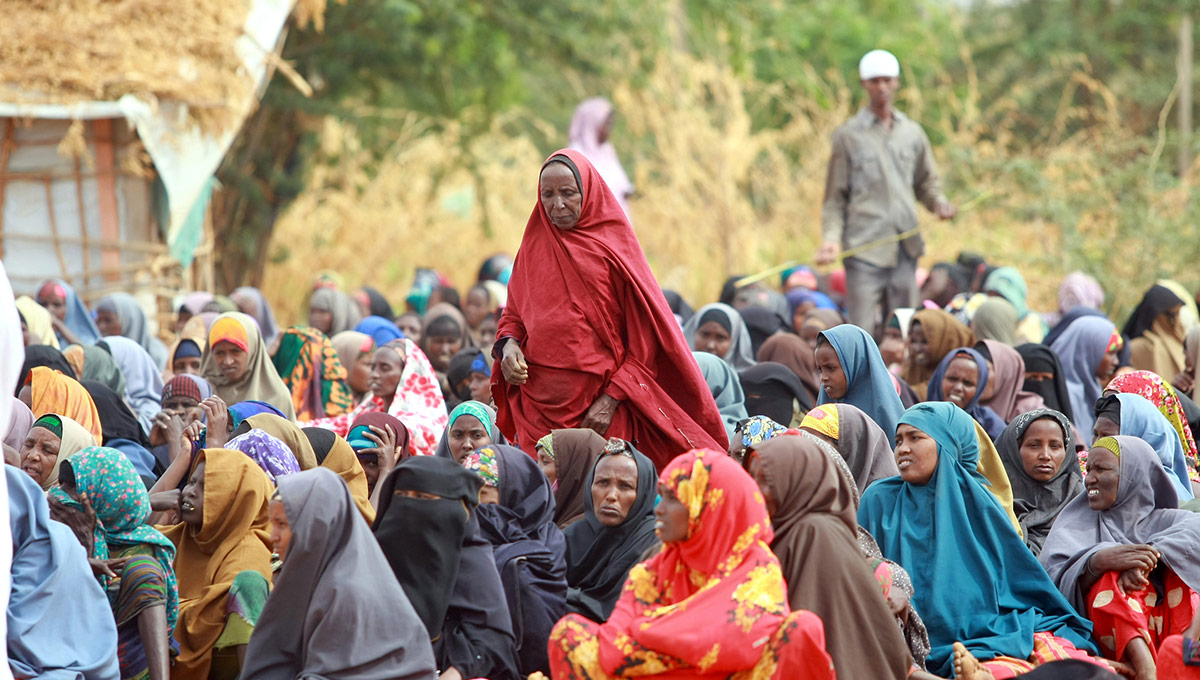
An Opportunity for Graduate Students to Conduct Fieldwork
The project will directly fund 48 graduate students from these institutions to conduct fieldwork in affected countries, using a unique open-access approach with Carleton’s MacOdrum Library to encourage further co-operation. Student recruitment for the project will begin by early 2019.
In addition, the team will host summer institutes in Canada and affected countries, train refugees and NGO workers in citizen journalism, support fellowships at Carleton for six visiting scholars from the global south and implement professional development programs for NGOs.
“The most important aspect of this project is that it tries to create synergy between all the different stakeholders: academics, practitioners, humanitarian workers, government officials and policy-makers,” says Political Science Prof. Dulo Nyaoro, a research team member based at Moi University in Eldoret, Kenya.
One of these stakeholders is CARE Canada, an international development and humanitarian organization focused on global health, food and nutrition security, humanitarian assistance, and women’s economic empowerment.
Connecting “operational NGOs such as CARE with academics is so important because often you have a disconnect between academics and practice,” says Simran Singh, senior manager of the partnerships for global change team at CARE Canada.
“We see it as two-way learning — for us to learn from academics and for academics to learn from us about what actually makes operational, practical sense. Ultimately, this will allow us all to make a real difference to help refugees move forward with their lives.”
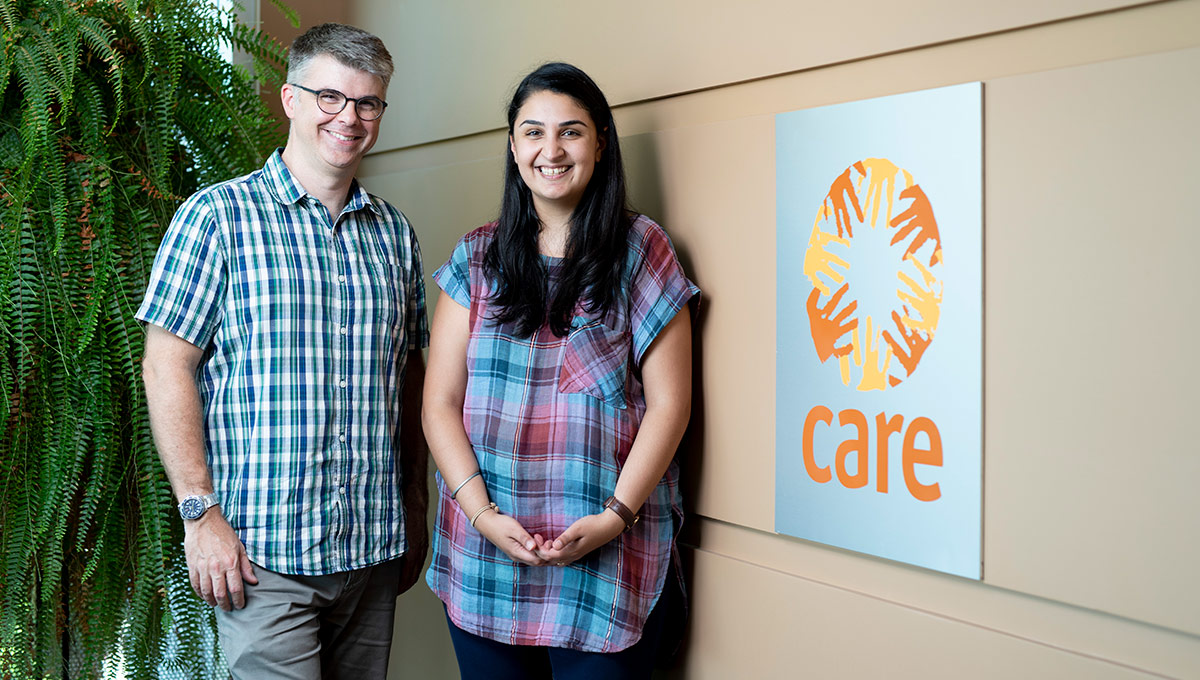
Providing Direct Support for Refugees
Another integral member of the research team is McGill University Prof. Megan Bradley, who also specializes in refugee and forced migration research.
“Organizations that are involved in providing direct support for refugees and working closely with refugees in the field are involved . . . as key players in the research process,” Bradley says.
“In a sense it’s about walking that line, trying to make the practical recommendations that we can with the research findings that emerge from the studies.”
Partners will be meeting at Carleton from Sept. 24 to 25 to prepare to launch the project. Following their time on campus, the team will host a public event in the city to share the project with government counterparts and other stakeholders.
“I understand the privilege that we have as academics to bring our tools to bear on solving the problems that are so evident and immediate to colleagues in the field,” says Milner, who first began working in the field with refugees in the early 1990s.
“What we want to do . . . is to make sure we demonstrate the value and the ability to include refugees in that enterprise. We want to make sure their perspectives are not tokenistic and marginalized, but that they’re a very vibrant part of the effort to ensure protection for refugees and to find a solution to their plight.”
Friday, September 21, 2018 in International, Refugees, Research
Share: Twitter, Facebook
